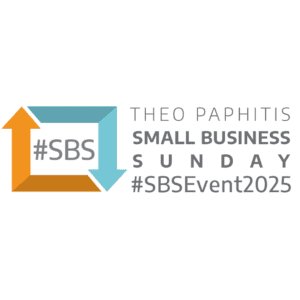During a Simon Mayo show on BBC Radio 2, a listener asked “Is there a limit on using pound sterling when paying for an item?” It became a subject of great discussion when we re-listened to the Simon Mayo interview with the director of The Royal Mint Museum, Dr. Kevin Clancey during one of our staff meetings.
Legal Tender Defined
Being one of the top UK coin dealers, all of our staff have a better than general idea of what legal tender is. However, most of us understood legal tender to be current coins or bank notes used to pay for items (settle debts). In thinking this, legal tender is specifically defined as monies used to settle debts in court. According to Dr. Clancey, this was enforced to prevent members of the public paying their court fines with a “trolley full of two pence pieces”.
Pre Decimal Coin Set

Decimal Coin Set

Settle a Debt?
Have you heard about Brett Chamberlain? The short story – Mr. Chamberlain, who had filled his car with petrol at his local Tesco petrol station, attempted to use his five pound coins to pay. The cashier refused to take payment. Mr. Chamberlain was well within his rights to use five pound coins to use as payment, as he was settling a debt with legal tender coins, despite not readily in circulation.
Frowned Upon Legal Tender
We receive queries “what’s the value of my £2 coin?” on a daily basis. As some of you may or may not know, pre-1997, two pound coins were not bi-metallic as we see them today. They were completely nickel brass. To a novice in coins, this can sometimes trick the eye into thinking it is solid gold, mainly because the pre-1997 two pound coins were rarely in circulation. So when one is stumbled across it is likely the founder wants it to be worth more than what it actually is. Much to the customers’ dismay, after they have confirmed they have found it amongst their change, we break the news to them that it is in fact worth a whopping two pounds and they can spend it in store – however, some stores frown up on taking such unpopular forms of tender.
1996 European Football Championship Two Pound Coin
2016 350th Anniversary of the Great Fire of London Two Pound Coin
This brings me on to my next point…
When quizzed by Simon Mayo, Dr. KC informed that a shop can take any form of payment as they wish, it does not have to be legal tender (unlike a court system). A shop can choose to take payment in chickens if that is what it sees fit, (although who has chickens to trade these days and what would the shop owner do with chickens is anyone’s guess!) KC then proceeded to state that just after decimalisation in 1971, a shop owner refused to take decimal currency and continued to only accept £.s.d coinage (shillings etc). This was not illegal as he can do what he wishes. We suspect this did not last very long as his customers no doubt took to decimalisation.
There’s a £1000 coin? Never!
Simon Mayo then asked what the highest denomination coin was. Do you know the answer? The clue is in the subtitle. Before you get excited; the two £1000 coins were issued in 2012, celebrating the London Olympic Games and the Queen’s Diamond Jubilee. It would not be a good idea to settle a £1000 debt with these coins unless gold is no more than £31.10 per troy ounce. Can you guess why?
Other legal tender coins we suggest you do not use to settle a debt are the sovereigns (£1) and half sovereign (50 pence). The Gold Britannia and Gold British Lunar coins (£100-£25) and the silver Britannia and silver British Lunar series (£2). This is because the value of gold/silver outweighs the face value.









